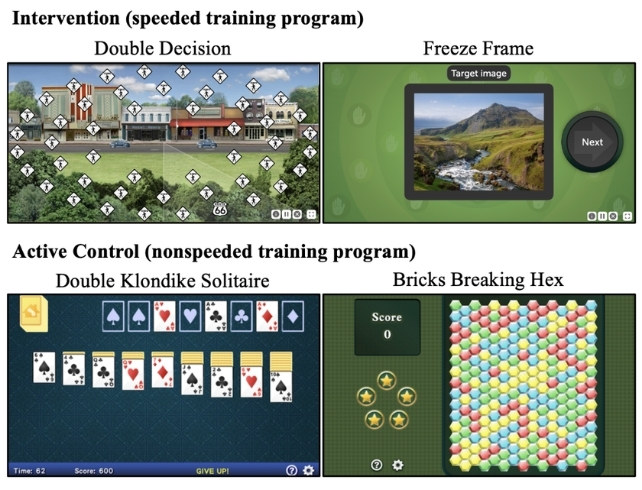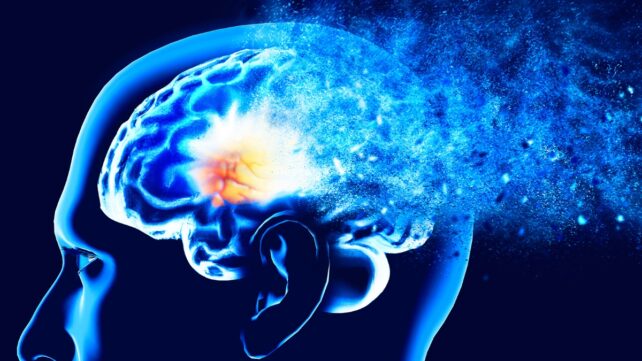It's not just your body that needs to be 'worked out'. Your brain also needs training to stay young and fit.
A digital brain exercise, developed by the American biotech company Posit Science Corporation, has been put to the test by neurologists at McGill University in Canada, with some promising results.
In a rigorous, double-blinded controlled trial, 82 healthy adults over the age of 65 were randomly assigned to play either Posit's 'BrainHQ' app or a recreational computer game for thirty minutes a day.
After 10 weeks, brain scans revealed that those who played BrainHQ, which focused on speed-based challenges, showed measurable increases in cholinergic activity, a type of brain signalling.
This was seen in a part of their brain known as the anterior cingulate cortex (ACC) – which supports selective attention, inhibitory control, and memory.
Related: One Type of Activity Is Particularly Effective at Keeping Your Brain Young
The increase in cholinergic signaling was comparable in magnitude to how much the ACC usually shrinks over 10 years.
"The training restored cholinergic health to levels typically seen in someone 10 years younger," claims neurologist Etienne de Villers-Sidani from McGill.
"This is the first time any intervention, drug or non-drug, has been shown to do that in humans."

The BrainHQ app is currently available for purchase via monthly and yearly subscriptions, and the company claims it has developed the technology based on scientific evidence, testing it in hundreds of peer-reviewed papers.
Preliminary evidence does suggest that the app can impact the brain, and these changes might be beneficial, but it's unknown if those changes are lasting or if they translate to real differences in memory, attention, and learning in the everyday function of older individuals.
The recent trial is only small, and it is incentivized by company profit, so there is reason to remain cautious. That said, it is rigorously designed and uses advanced brain scanning techniques in collaboration with McGill neurologists.
"We used a rare technology," says de Villers-Sidani. "The [Montreal Neurological Institute-Hospital] is one of the few centers worldwide that can produce the tracer and run the scan."

The cholinergic system connects many parts of the brain, including the hippocampus – which is heavily involved in learning and memory. Theoretically, if this system is strengthened, it could improve common symptoms of aging, like memory loss.
Related: A Signal Hidden Deep in Your Brain Could Track Parkinson's Symptoms
Seeing changes to the cholinergic system following brain training is intriguing, but further trials among larger and more diverse cohorts are needed to understand more.
"Identifying and implementing effective strategies to support brain health has the potential to reduce health care costs, increase workforce participation and community engagement, and improve quality of life," the authors of the trial conclude.
"These findings support the use of this promising, low-risk intervention and contribute to a mechanistic understanding of cognitive training that establishes a foundation for future trials."
The study was published in JMIR Serious Games.

